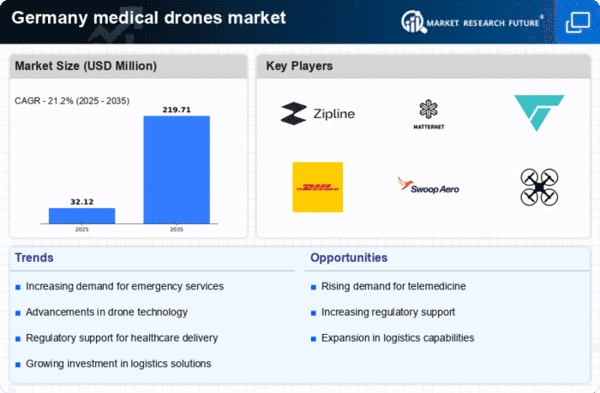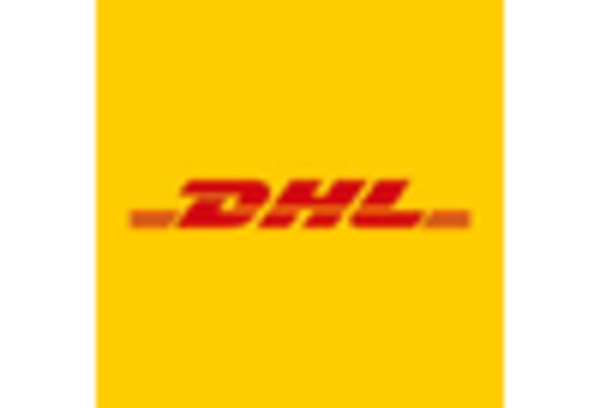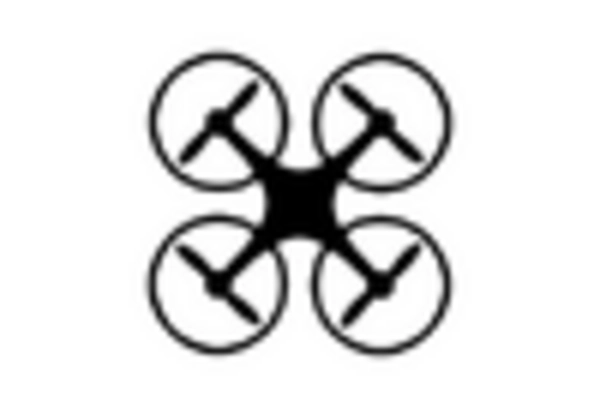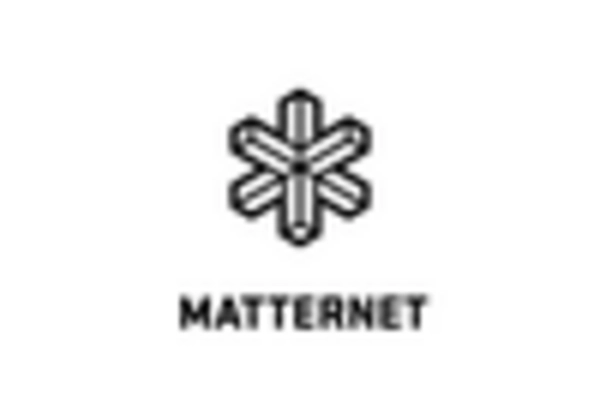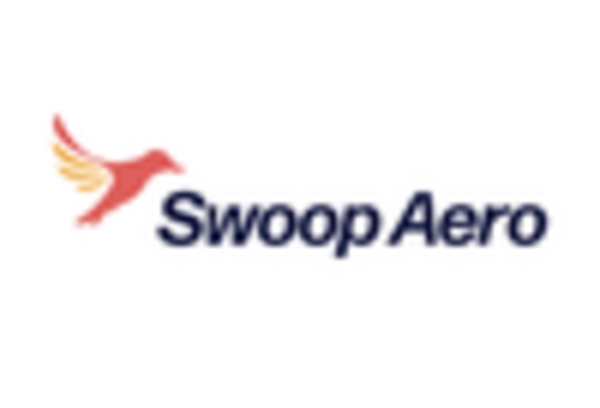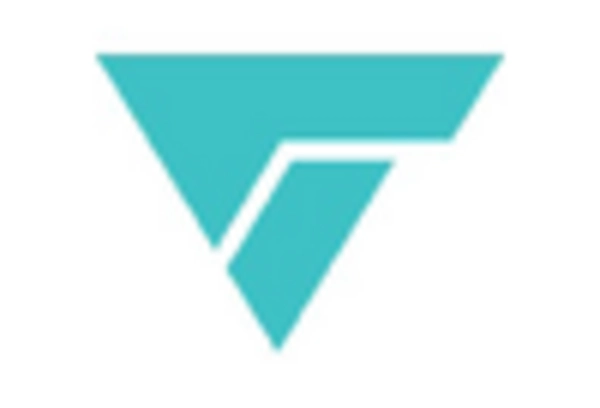Supportive Regulatory Framework
The medical drones market in Germany benefits from a supportive regulatory framework that encourages innovation and adoption. The German government has implemented regulations that facilitate the use of drones for medical purposes, including streamlined approval processes for drone operations. This regulatory support is crucial as it provides a clear pathway for healthcare providers to integrate drone technology into their logistics. Additionally, the European Union's regulations on drone operations are evolving to accommodate medical applications, which further enhances the market's growth potential. As regulations become more favorable, the medical drones market is likely to expand, attracting new players and investments.
Rising Healthcare Costs and Budget Constraints
Rising healthcare costs and budget constraints faced by healthcare providers also drive the medical drones market in Germany. As hospitals and clinics seek to optimize their operations, drones present a cost-effective solution for transporting medical supplies. By reducing reliance on traditional delivery methods, which can be expensive and time-consuming, healthcare institutions can allocate resources more efficiently. Reports suggest that using drones can lower delivery costs by up to 50%, making them an attractive option for budget-conscious organizations. This financial incentive is likely to stimulate growth in the medical drones market as more providers look to implement cost-saving technologies.
Increasing Demand for Timely Medical Deliveries
The medical drones market in Germany is significantly influenced by the growing demand for timely medical deliveries. With the increasing prevalence of chronic diseases and the need for urgent medical supplies, drones offer a viable solution for rapid transportation. Studies indicate that timely delivery can improve patient outcomes by as much as 30%. This urgency is particularly evident in urban areas where traffic congestion can delay traditional delivery methods. Consequently, healthcare institutions are investing in drone technology to ensure that critical supplies reach patients without delay. This trend is expected to propel the medical drones market forward as more organizations recognize the benefits of swift logistics.
Growing Focus on Emergency Response Capabilities
The medical drones market in Germany is increasingly focused on enhancing emergency response capabilities. Drones can be deployed rapidly in crisis situations, such as natural disasters or medical emergencies, to deliver essential supplies like blood, vaccines, and medications. The ability to reach remote or inaccessible areas quickly is a significant advantage, potentially saving lives. Recent initiatives by German health authorities to integrate drones into emergency response plans highlight this trend. As the demand for efficient emergency logistics grows, the medical drones market is expected to expand, driven by the need for innovative solutions in critical situations.
Technological Advancements in Drone Capabilities
The medical drones market in Germany is experiencing a surge due to rapid technological advancements. Innovations in drone design, such as improved battery life and enhanced payload capacities, are enabling more efficient delivery of medical supplies. For instance, drones can now transport up to 5 kg of medical products over distances exceeding 100 km. This capability is crucial for remote areas where traditional transportation methods are less effective. Furthermore, advancements in navigation and obstacle avoidance systems are enhancing the reliability of drone operations. As a result, healthcare providers are increasingly adopting these technologies, which is likely to drive growth in the medical drones market.


